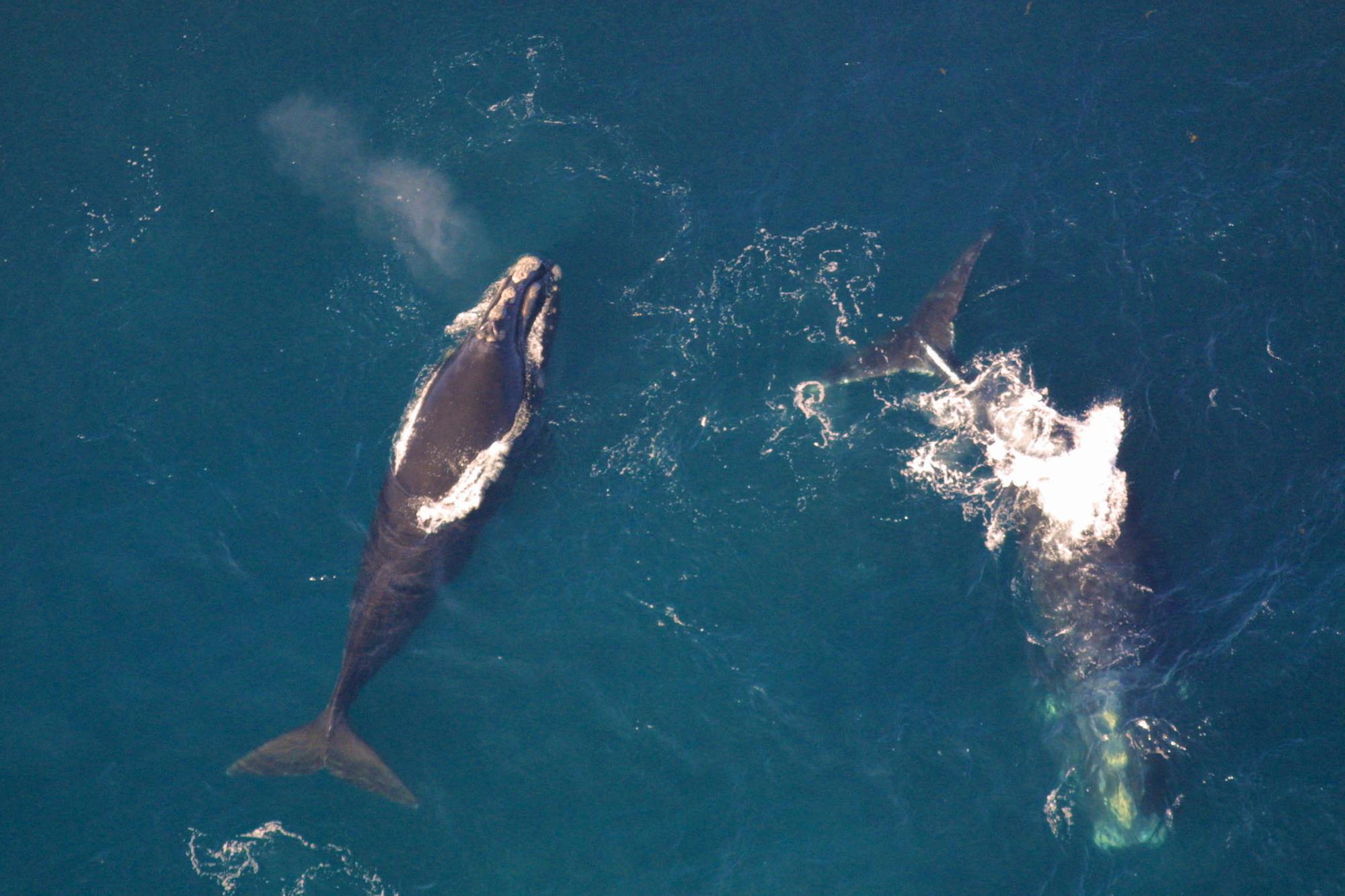Lawmakers stripped almost all of the anti-wildlife riders attached to the National Defense Authorization Act (NDAA) from the final conference report. These included ones harming various endangered and imperiled species and threatening national wildlife refuges. However, the conference report for the must-pass legislation still includes a rider that threatens the conservation of the right whale and other imperiled marine mammals.
Robert Dewey, Vice President of Government Relations, Defenders of Wildlife, offered the following statement:
“We are very pleased that almost all of the anti-wildlife riders were stripped from the final defense bill conference report.
“However, extending the duration of permits for the incidental take of marine mammals caused by military activities will make it harder to ensure that appropriate mitigation is based on the most up-to-date science.
"Despite numerous attacks from Congress and the Trump administration, we will continue to fight any bad bills or riders that attempt to undermine the Endangered Species Act."
For over 75 years, Defenders of Wildlife has remained dedicated to protecting all native animals and plants in their natural communities. With a nationwide network of nearly 2.1 million members and supporters, Defenders of Wildlife is a leading advocate for innovative solutions to safeguard our wildlife for generations to come. To learn more, please visit https://defenders.org/newsroom or follow us on X @Defenders.
News

Colorado Announces No Wolf Release This Winter

